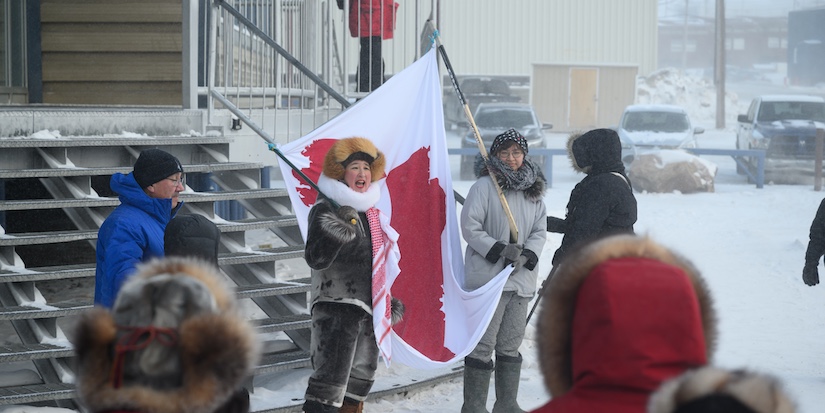Latest News
Historical infection returning
Published 5:02 PDT, Fri September 15, 2017
An old virus, defeated decades ago, isn’t
something we worry about anymore. It turns out, we should. Mumps is rearing its
ugly head again. Earlier this year, several Vancouver Canucks staff and players
including Richmond’s Troy Stecher contracted the highly contagious viral
illness. Last season, five Canucks were quarantined to prevent the spread of
mumps. And the viral infection is back again, according to Dr. Althea Hayden,
Medical Health Officer for Vancouver Coastal Health.
She says that not everyone who gets mumps has
the typical symptoms but they can still pass along the virus. It’s spread
through saliva so coughing, sneezing, sharing food, drinks, cigarettes and
other smokes are all effective ways to spread the virus.
While this virus usually affects the saliva
producing glands in the face and neck, it can move into glands like testicles
or ovaries producing even greater discomfort. While rare, it can result in
sterility, the inability to ever conceive a baby. Rarer complications include
inflammation of the brain (meningitis) and deafness, according to Hayden.
For pregnant women, the studies are not clear
whether catching the mumps can damage the growing baby or cause miscarriage.
Vaccinations are not the same as having the
infection and carry a low risk of problems.
Hayden cautions, “If you think you have mumps
disease, stay home from work and social events. Contact your doctor before
going to a clinic to avoid infecting other patients and office staff.”
The number of cases is rising every year. The
annual average in the Vancouver Coastal Health region, which includes Whistler
and Squamish, used to be 32 cases annually. The Vancouver Coastal region saw 86
cases of mumps throughout 2016. In the past six months, there have already been
86 cases, six of them in Richmond itself.
According to Hayden, in the last month alone
the health region has seen 13 news cases of the mumps. The patients range in
age from 18 to 33, with the average age being 25.
The age of those infected is low for a couple
of reasons says Hayden.
One is their higher risk behaviours that lead
to sharing the virus, that Hayden outlines, “Young adults living in shared
spaces and those who have close contact with others in the same age group are
more likely to contract the mumps. Mumps is spread by contact with saliva or
mucus from the mouth, nose or throat of an infected person. When an infected
person coughs or sneezes, the virus spreads through droplets in the air. You
can be exposed to the virus even if you are two metres away from someone with
mumps. Sharing food, drinks or cigarettes, or kissing someone who has the virus
can also put you at risk.”
Hayden says the second reason we are seeing
mumps in younger adults is they need a booster shot.
Before 1996, only one dose of mumps vaccine
was given. Now, research and experience have shown that at least two shots are
required to prevent mumps. That means anyone born before 1996 or anyone who has
not been adequately vaccinated should contact their physician, pharmacist or
public health unit for a free vaccination as soon as possible.
In fact, because mumps can only infect
humans, were the world able to prevent all infections for a year, the disease
would be eradicated.
It takes seconds to get a mumps vaccination.
If you catch mumps, the infection, pain, fever and discomfort from the swelling
usually lasts a week or two.
Mumps is highly contagious and you can pass
it along in the weeks between catching the virus and the symptoms showing up.
Once you have symptoms, you are definitely able to pass along this disease. It’s
easy to catch.
Depending on your records and birth year, a
health care professional can advise you. If you do not know your vaccination
record, Hayden says it is better to be safe. Receiving an extra shot will not
harm you.
“We
continue to see mumps in increasing numbers, and these outbreaks will continue
unless young adults between the ages of 23 and 47 receive two doses of vaccine
so they are fully protected,” says Hayden.
For more information HealthLink BC (dial 811)





























